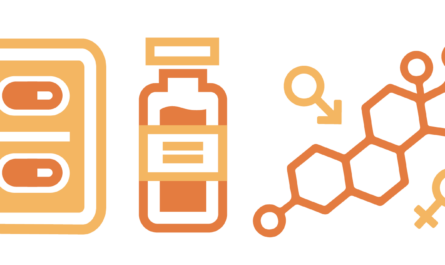What are CAR T cells?
Chimeric antigen receptor T cells or CAR T cells are genetically modified T cells that are engineered to express an artificial T-cell receptor (TCR) known as a chimeric antigen receptor (CAR) on their surface. The CAR enhances the ability of T cells to recognize and target cancer cells. CARs are designed to incorporate a receptor that binds to a specific protein or antigen on the surface of certain tumor cells. This allows the T cell to recognize and attack the cancer cells directly.
How are CAR T cells engineered?
To produce CAR T cells, T cells are first collected from the patient through a process called leukapheresis where white blood cells are filtered from the blood. The most common type of T cells used are CD8+ “killer” T cells and CD4+ “helper” T cells. The collected T cells are then engineered in the laboratory by transferring the gene that encodes for the chimeric antigen receptor into the T cells using a viral or non-viral vector. Once the CAR gene is inserted, the modified T cells start producing the CAR on their surface.
How do CAR T cells target cancer cells?
The CAR consists of an extracellular binding domain specific for a tumor antigen, a transmembrane domain, and an intracellular T-cell signaling domain. The extracellular binding domain is usually a single-chain variable fragment (scFv) from the variable regions of a monoclonal antibody that recognizes a tumor-specific antigen. Common tumor antigens targeted include CD19, CD20, CD22, and mesothelin. Once infused back into the patient, the CAR T cells recognize and bind specifically to tumor cells expressing the target antigen. This antigen recognition by the CAR triggers T cell activation and killing of the cancer cells through release of cytotoxic granules containing perforin and granzymes or by Fas/FasL-induced apoptosis.
How effective are CAR T cell therapies?
CAR T cell therapies have shown remarkable results in the treatment of hematologic cancers such as acute lymphoblastic leukemia (ALL), chronic lymphocytic leukemia (CLL), and lymphomas where the targeted tumor antigen is highly and uniformly expressed. For example, the anti-CD19 CAR T cell therapy tisagenlecleucel (Kymriah) and axicabtagene ciloleucel (Yescarta) have demonstrated complete response rates of 40-80% in relapsed/refractory B-cell ALL and diffuse large B-cell lymphoma. In solid tumors, the efficacy of CAR T cells has been limited by the heterogeneous expression of tumor antigens, immunosuppressive tumor microenvironment, and on-target off-tumor toxicity. However, current research is focused on improving CAR T cell potency, persistence, and safety to potentially expand their use against solid tumors in the future.
What are the potential side effects of CAR T cell therapy?
As with any immunotherapy treatment, CAR T cell therapy can cause both short-term and life-threatening side effects. Common side effects seen in over 90% of patients include fever, chills, nausea, headache, and fatigue. These are usually manageable. However, about 10-30% of patients treated with CAR T cells experience severe cytokine release syndrome (CRS), a systemic inflammatory response that can cause high fever, low blood pressure, difficulty breathing, organ damage and in some cases even death if not treated promptly. Other serious but rare side effects include neurological toxicity such as confusion, delirium or seizures which may be caused by CRS or direct attack of CAR T cells on normal brain cells. Close monitoring after CAR T infusion and management of CRS and neurotoxicity by trained physicians are crucial for successful outcomes.
Despite the remarkable success already achieved, CAR T cell therapy is still a rapidly evolving field with multiple active areas of research. Scientists are engineering next-generation CAR T cells with improved targeting ability, enhanced persistence and resistance to immunosuppression. Combination therapies with immune checkpoint inhibitors, vaccination, or targeted agents are also being investigated to augment CAR T cell activity against solid tumors. The use of CAR T cells targeting multiple antigens simultaneously or universal CARs reactive to multiple solid tumors are exciting approaches being explored. Advances in manufacturing processes aim to reduce therapy costs and enable broader access. With continuous advances, CAR T cell therapy holds great promise to deliver long term remissions for many cancer patients in the years to come.



